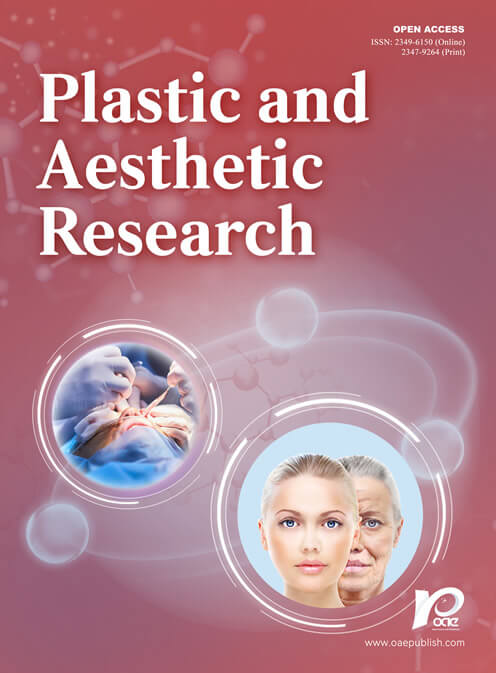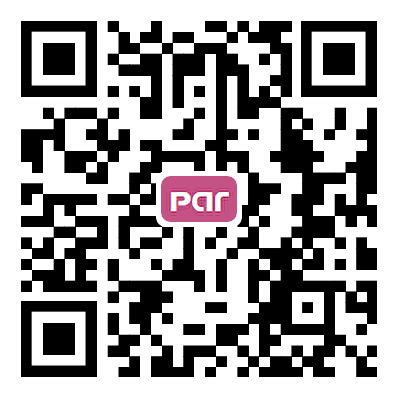REFERENCES
1. Bretzel G, Beissner M. PCR detection of Mycobacterium ulcerans-significance for clinical practice and epidemiology. Expert Rev Mol Diagn 2018;18:1063-74.
2. Cozza V, Pepe G, Cintoni M, et al. Vacuum-assisted closure (VAC®) systems and microbiological isolation of infected wounds. World J Emerg Surg 2018;13:53.
3. Huang C, Leavitt T, Bayer LR, Orgill DP. Effect of negative pressure wound therapy on wound healing. Curr Probl Surg 2014;51:301-31.
4. Yoo JY, Kim JH, Kim JS, Kim HL, Ki JS. Clinical nurses’ beliefs, knowledge, organizational readiness and level of implementation of evidence-based practice: The first step to creating an evidence-based practice culture. PLoS One 2019;14:e0226742.
5. Janssen AHJ, Mommers EHH, Notter J, de Vries Reilingh TS, Wegdam JA. Negative pressure wound therapy versus standard wound care on quality of life: a systematic review. J Wound Care 2016;25:154-9.
6. Loftus MJ, Gates RJ, Crouch S, Sutton B, Johnson PD. A non-healing ulcer in a healthy young woman. Aust Fam Physician 2017;46:855-6.
7. Moore K. VAC therapy: interactions in the healing process. Available from: https://wounds-uk.com/wp-content/uploads/sites/2/2023/02/content_9001.pdf. [Last accessed on 22 Aug 2024]
8. Muleta AJ, Lappan R, Stinear TP, Greening C. Understanding the transmission of Mycobacterium ulcerans: a step towards controlling Buruli ulcer. PLoS Negl Trop Dis 2021;15:e0009678.
9. Murase C, Kono M, Nakanaga K, Ishii N, Akiyama M. Buruli ulcer successfully treated with negative-pressure wound therapy. JAMA Dermatol 2015;151:1137-9.
10. O'Brien DP, Friedman ND, Cowan R, Walton A, Athan E. Six vs eight weeks of antibiotics for small mycobacterium ulcerans lesions in australian patients. Clin Infect Dis 2020;70:1993-7.
11. O’Brien DP, Jenkin G, Buntine J, et al. Treatment and prevention of Mycobacterium ulcerans infection (Buruli ulcer) in Australia: guideline update. Med J Aust 2014;200:267-70.
12. Pittet LF, Tebruegge M, Dutta B, et al; BCG Immune Response Study (BIRS) group. Mycobacterium ulcerans-specific immune response after immunisation with bacillus Calmette-Guérin (BCG) vaccine. Vaccine 2021;39:652-7.
13. Pluschke G, Röltgen K. Mycobacterium ulcerans: methods and protocols. New York, USA: Humana Press; 2022.
14. Saaiq M. , Hameed-Ud-Din, Khan M I, Chaudhery SM. Vacuum-assisted closure therapy as a pre-treatment for split thickness skin grafts. J Coll Physicians Surg Pak 2010;20:675-9.
15. Sizaire V, Nackers F, Comte E, Portaels F. Mycobacterium ulcerans infection: control, diagnosis, and treatment. Lancet Infect Dis 2006;6:288-96.
16. Suzuki K, Luo Y, Miyamoto Y, et al. Buruli Ulcer in Japan. In: Pluschke G, Röltgen K, editors. Buruli ulcer. Cham: Springer; 2019. pp. 87-105.
17. Tai AYC, Athan E, Friedman ND, Hughes A, Walton A, O’Brien DP. Increased severity and spread of mycobacterium ulcerans, Southeastern Australia. Emerg Infect Dis 2018;24:58-64.
18. Van Der Werf TS, Barogui YT, Converse PJ, Phillips RO, Stienstra Y. Pharmacologic management of Mycobacterium ulcerans infection. Expert Rev Clin Pharmacol 2020;13:391-401.
19. Velding K, Klis SA, Abass KM, van der Werf TS, Stienstra Y. The application of modern dressings to Buruli ulcers: results from a pilot implementation project in Ghana. Am J Trop Med Hyg 2016;95:60-2.
20. Yotsu RR, Richardson M, Ishii N. Drugs for treating Buruli ulcer (Mycobacterium ulcerans disease). Cochrane Database Syst Rev 2018;8:CD012118.
21. Xu S, Xiao X, Chen J. Stretchable fiber strain sensors for wearable biomonitoring. Natl Sci Rev 2024;11:nwae173.
22. Johnson PDR, Azuolas J, Lavender CJ, et al. Mycobacterium ulcerans in mosquitoes captured during outbreak of Buruli ulcer, southeastern Australia. Emerg Infect Dis 2007;13:1653-60.








